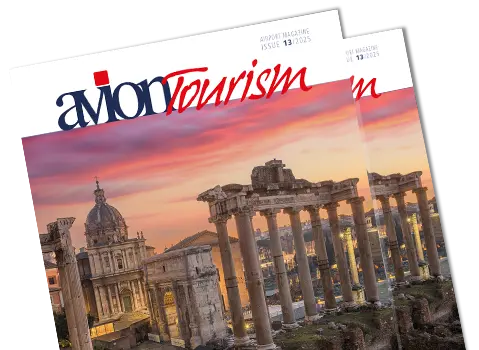ENAC promotes more accessible air transport
The conference "The new challenges of ENAC: from Italy to Europe", promoted by the National Civil Aviation Authority (ENAC) with the patronage and participation of the Minister for Disabilities Alessandra Locatelli, was held today in Rome, at the Multipurpose Hall of the Presidency of the Council of Ministers.
The meeting, now in its fourth edition of the workshop "ENAC PRM – To Succeed Better", placed the issues of accessibility, inclusion and the rights of people with disabilities or reduced mobility at the center of the debate, consolidating the role of the Authority as a national and international reference point in the promotion of air transport open to all.
Accessibility and innovation: the new frontiers of inclusive flight
During the conference, innovative projects born from the collaboration between ENAC, institutions, associations and airport management companies were presented. These include:
- "Towards a more inclusive airport", a program involving Aeroporti di Roma, SEA Milano and SAVE Venezia to improve the travel experience and make airports more welcoming and functional;
- "IIDII" (Inclusion - Interoperability - Disability - Artificial Intelligence), an AI-based system with voice and sign language avatars to communicate in an accessible way with passengers in real time;
"My Eyes", a project that uses AI technologies to guide and assist blind or visually impaired passengers during the airport journey.
A European model of inclusion in aviation
ENAC has reaffirmed its mission to guarantee the right to fly to everyone, promoting a culture of respect and attention to every passenger. Through the Permanent Technical Table for the protection of the rights of passengers with disabilities and reduced mobility, the Authority continues to develop shared policies and concrete tools to make air travel increasingly inclusive.
The day of work was attended by representatives of Italian and European institutions, airlines and the main associations involved in the protection of people with disabilities, confirming the international dimension of the initiative and Italy's commitment to promoting an accessibility model recognized throughout Europe.






